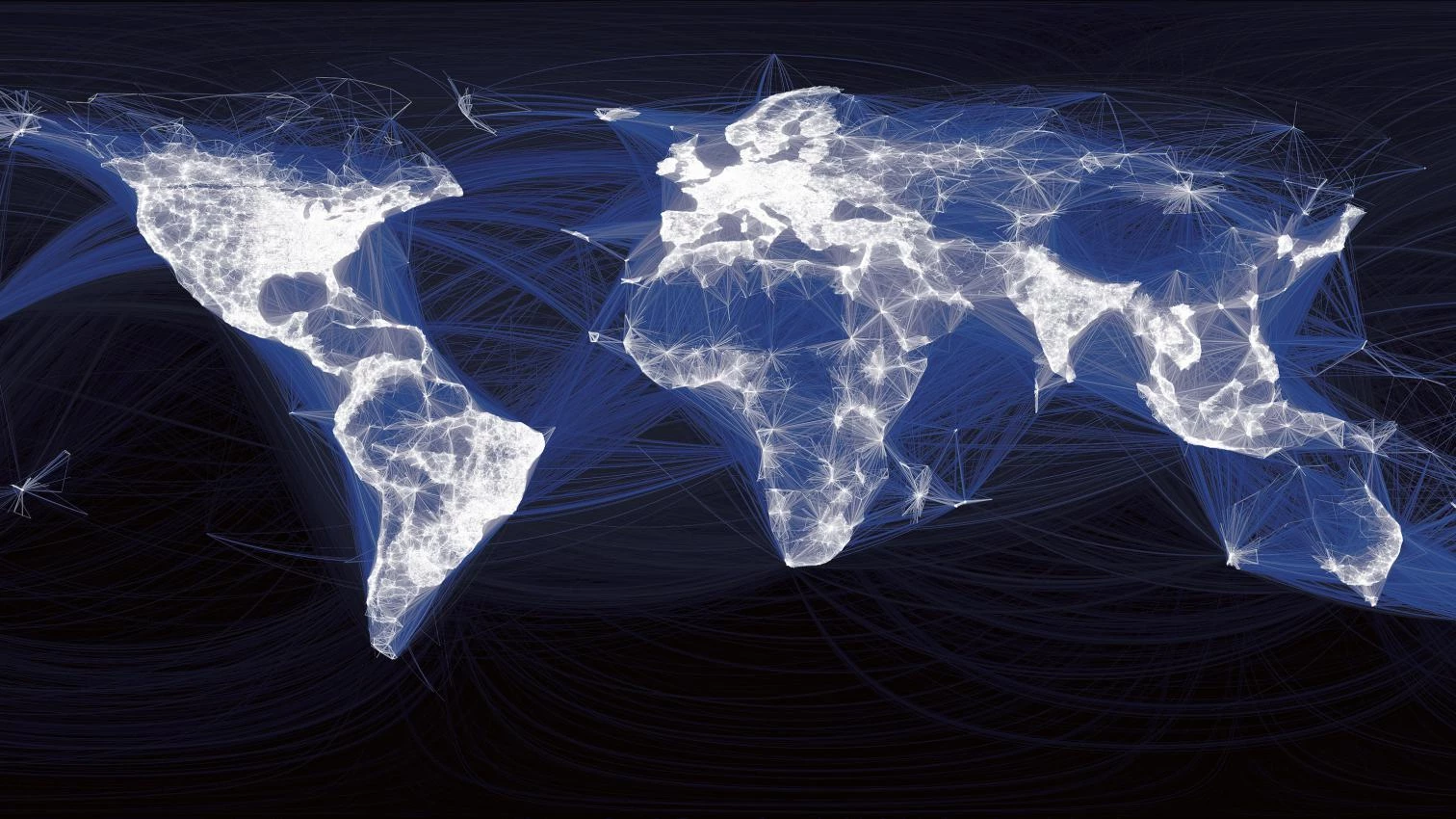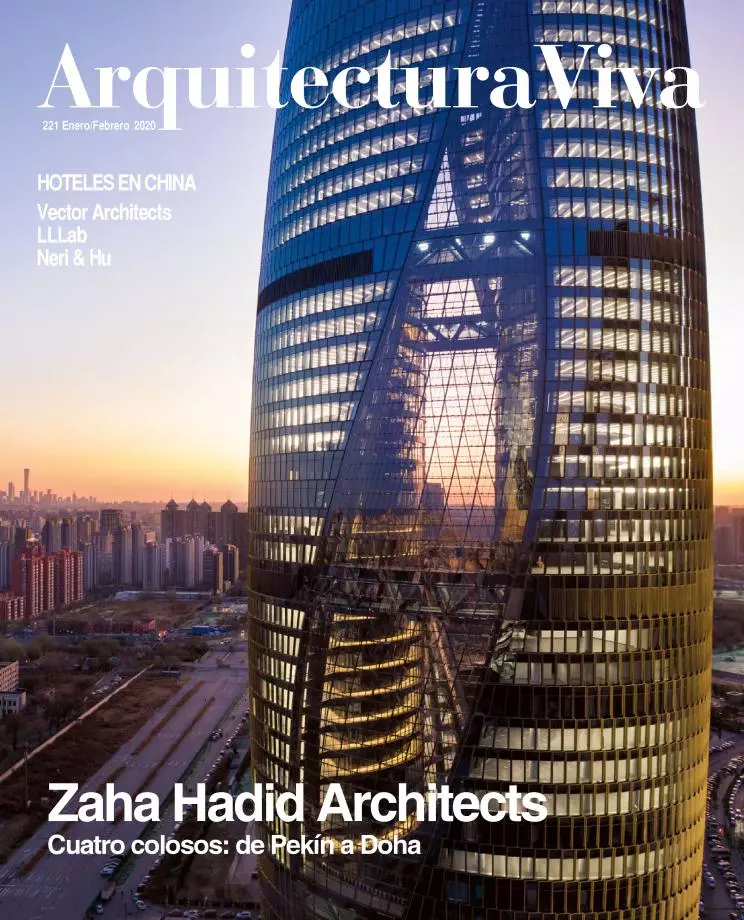
This month of January AV/Arquitectura Viva turns 35, and I myself 70, so I can say without hyperbole that I have devoted half a life to it. This magazine is not however where I have spent more time, because upon crossing the frontier of mandatory retirement I leave the university, where I have taught for 52 years. In 1968 I started my architecture studies at Madrid’s Universidad Politécnica, but at the same time was hired as lecturer at the Complutense to teach English – the only subject that did not require a university degree – to two groups of postgraduates, one of astronomers and another one of botanists, with whom I continued until joining the School of Architecture faculty, so I have dedicated more than half a century to university teaching. And my career in the media has not been too different, because though I did not become a regular contributor to magazines and journals until the mid-1970s, my first article was published in 1967 in the Teruel newspaper Lucha.
Inevitably reaching the last part of the journey, it is perhaps not inappropriate to turn our heads to see what is left behind with some perspective. The 70s were radical in Spain, with hopes high because of the end of the dictatorship, and beyond our country with the echoes of the convulsion of 68; the 80s, however, would bring with them the conservative counter-revolution of Thatcher and Reagan, and the friendly architecture of what we defined as the ‘pink decade’; the following one, in the absence of a better label, would be described in the magazine as the ‘digital decade,’ and there is no doubt that technology would transform our lives during those closing stages of the 20th century; the first decade of the 21st has had many names, but ‘real estate’ or ‘bubble’ seem appropriate for a period in which the 9/11 attacks did not stop urban growth or iconic architecture; and it is harder to define the one now ending, marked by the shockwaves of 2008 and by widespread anger.
Closing a decade alternately tagged as populist or identitarian, we enter unknown lands riddled with the millennialist fears of climate emergency, with the rise of demagogical authoritarianism, and with the transformation of geopolitics and of everyday life that the unstoppable rise of artificial intelligence and biotechnology brings. We do not know if the retrospective gaze will enlighten us about the future before us, because if history has never been magistra vitae, the current speed of technical and social change only causes us to feel dizzy. But the resilience of human beings and the tenacity of their material and symbolic structures give reason for hope, even though they cannot be expected to shed light on the future. We know that the only constant is change, and to the changes to come we shall adapt, well aware that we are cast onto the impetuous course of time, but also convinced that we will be fully capable of navigating that uncertain sea.






